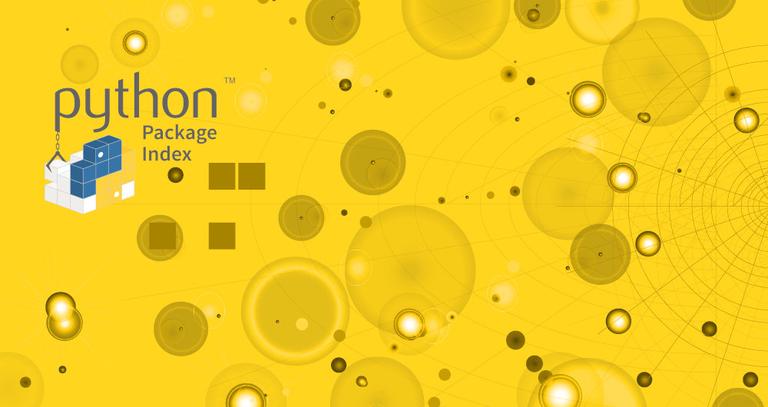

- Install pythong 2.7.9 how to#
- Install pythong 2.7.9 install#
- Install pythong 2.7.9 update#
- Install pythong 2.7.9 upgrade#
You may then run update-alternatives with the -config option so that you may select which version you want to choose to be the default $ sudo update-alternatives -config python Sudo update-alternatives -install /usr/bin/python python /usr/bin/python3.5 2 Run these two commands first, but make sure the python versions match what you have on your computer sudo update-alternatives -install /usr/bin/python python /usr/bin/python2.7 1 If setting up virtual environments is not what you want to do, then you can also use update-alternatives to switch between python version. Switching between python versions using update-alternatives:
Install pythong 2.7.9 how to#
Now that you have pip installed you can refer to the instructions at this link to learn how to setup these virtual environments for testing various python versions and packages HTTPS certificate validation using the system's certificate store is now enabled by default.

Python 2.7.9 includes several significant changes unprecedented in a 'bugfix' release: The entirety of Python 3.4's ssl module has been backported for Python 2.7.9.
Install pythong 2.7.9 install#
(to install pip3 for python3, use this command sudo apt install python3-pip) Python 2.7.9 is a bugfix version for the Python 2.7 release series. The prefix scheme is useful when you wish to use one Python installation to perform the build/install (i.e., to run the setup script), but install modules into the third-party module directory of a different Python installation (or something that looks like a different Python installation). You can also setup virtual python environments using pip.


Some of the files created by the installation are inside the buildĭirectory: /home/sander/Downloads/Python-2.7.9 Should I exclude them from the package? (Saying yes is a good idea) : n You probably don’t want them to be included in the package. Some of the files created by the installation are inside the home directory: /home
Install pythong 2.7.9 update#
Update to my previous command: after waiting 5 more minutes, the “Copying files to the temporary directory.” succeeded, and it’s all working on my Ubuntu 14.04. Type /opt/python279/bin/python -V and it will show the version 6) You can delete it later with sudo dpkg -r python-2.7.9 sudo checkinstall -pkgname python-2.7.9ĥ) That’s it. We will provide custom package (python-2.7.9) name to identify it later. It will create deb package and install it (so it can be easily removed later if needed, for example).
Install pythong 2.7.9 upgrade#
So here are the steps to get separate installation of python2.7.9 leaving default 2.7.6 intact 1) You have clean Ubuntu 14.04 and now it’s time to install some important packages sudo apt-get update sudo apt-get upgrade sudo apt-get install build-essential sudo apt-get install libreadline-gplv2-dev libncursesw5-dev libssl-dev libsqlite3-dev tk-dev libgdbm-dev libc6-dev libbz2-dev sudo apt-get install checkinstallĢ) Now let’s fetch python’s source and extract it to our home directory mkdir ~/Downloadsģ) It’s time to compile to to a separate directory (say /opt/python-2.7.9) sudo mkdir /opt/python279Ĥ) Here is an important step – we are not going to make install it, but use checkinstall instead. I like ssl.create_default_context a lot – saves a lot of work when dealing with HTTPS. But python2.7.6 lacks very usefull module – ssl ( ). Ubuntu 14.04 ships with python 2.7.6 and uses it a lot for it’s internal needs.


 0 kommentar(er)
0 kommentar(er)
